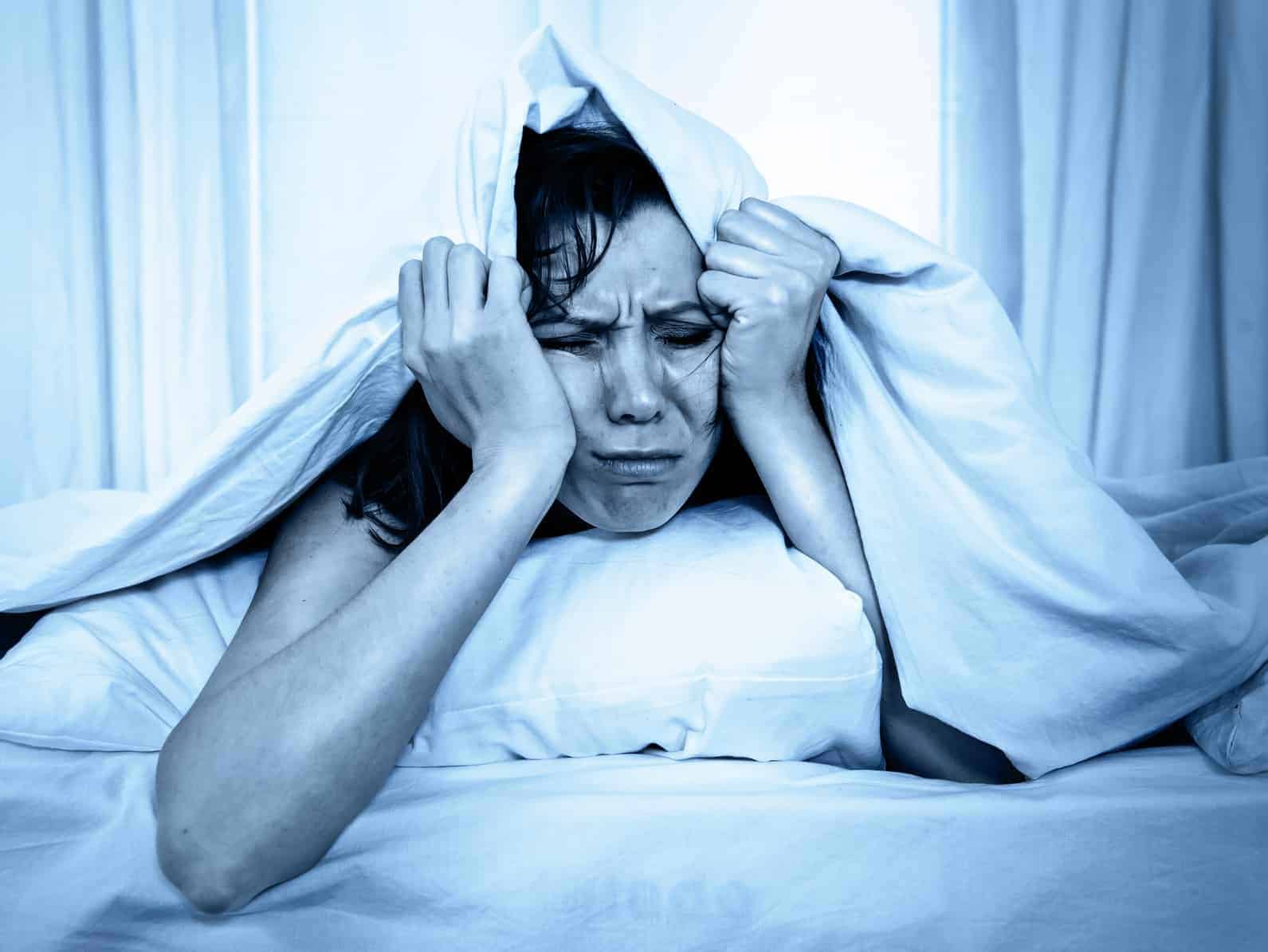“Sleep serves to re-energize the body’s cells, clear waste from the brain, and support learning and memory. It even plays vital roles in regulating mood, appetite, and libido.” – Dr. John Peever & Dr. Brian J. Murray
Arianna Huffington, the founder of Huffington Post, calls sleep ‘the next feminist issue,’ arguing that lack of sleep “affects their judgment, creativity, and ability to realize their potential. In 2007, Ms. Huffington collapsed from exhaustion amidst the pressures of building her media brand.
Huffington may just have a new best friend in Dr. Jim Horne. Horne, U.K’s leading sleep science expert, argues that women need more sleep than men. 20 minutes more on average, says the good doctor.
It all comes down to how women use their brains.
“Men are from Mars, women are from … *snore* …”
Okay, so we all know that the male and female brain couldn’t be more different. According to Dr. Horne, the executive operations of the brain – planning, attention, and organizing – operate very uniquely in women.
“Women tend to multi-task – they do lots at once and are flexible – and so they use more of their actual brain than men do. Because of that, their sleep need is greater,” says Horne, “The more of your brain you use during the day, the more of it that needs to recover and, consequently, the more sleep you need.”
Women Aren’t Getting Enough Sleep
Per the National Sleep Foundation (NSF), “While women need more sleep than men, many are not getting the proper amount.” And, really, all that’s needed is a couple of statistics to prove NSF’s findings.
According to Dr. Kimberly Babson, a leading sleep researcher and sleep advocate, women are twice as likely to suffer from insomnia than men. The female brain also tends to “age” more than men: “A typical 75-year-old woman has a comparable brain age to a 70-year-old man,” says Horne.
Neuroscientist Explains Why Women Need to Catch More Zzz’s Than Men
The NSF also cites several other factors that may impact women’s quantity and quality of sleep:
– As women are smaller than men, they’re more likely to be woken up and move around the bed. (Once woken up, it’s much more difficult for women to fall back asleep than it is for men.)
– Menopause produces hot flashes, which disrupt sleep.
– Pregnancy can make it challenging to snooze due to excess weight and position of the fetus.
– Worrying about problems and losing zzz’s over them are more common in women, which may be explained by increased activity in the brain’s executive regions.
Dr. Horne’s study found that 18 percent of women “claim to have a bad night’s sleep at least five days per week.” Just 8 percent of men claimed the same.
Effects of Multitasking
There is no question that women are better multitaskers than men. That said, neuroscientists have repeatedly demonstrated that multitasking is much less efficient than single-tasking in both sexes. Also, multitasking depletes cognitive energy reserves much faster, often leading to a “brain drain.”
Dr. Daniel Levitin, professor of behavioral neuroscience at McGill University, says, “(Multitasking) comes at a biological cost that ends up making us feel tired much quicker than if we sustain attention on one thing.” The biological toll that multitasking takes isn’t over, either. Dr. Levetin states that people: (a) eat more junk and (b) drink more caffeine when doing more than one thing at a time. “Often what you need in that moment isn’t caffeine, but just a break. If you aren’t taking regular breaks every couple of hours, your brain won’t benefit from that extra cup of coffee,” Levitin adds.
Putting it All Together
While Dr. Horne and other neuroscientists are adamant that women need to prioritize their zzz’s, they do not claim that men need less. In fact, men who work high-pressure and complex jobs may need more. While biology may always have a hand in sleep quality (or lack thereof), lifestyle habits are just as important. The NSF recommends a variety of ways to improve “sleep hygiene”: practices and habits necessary for good sleep quality and daytime alertness.
Here are some good sleep hygiene practices:
– Avoid stimulants (caffeine, tobacco) an hour or two before bedtime.
– Do at least 10 minutes of aerobic exercise per day.
– Establish a regular and relaxing bedtime routine (warm shower/bad, reading a book, stretching, etc.)
– Get adequate exposure to natural light.
– Limit daytime naps to 30 minutes.
– Limit evening alcohol intake to 1-2 drinks (too much alcohol before bedtime disrupts the vital stages of sleep.)
– Make sure that the environment is conducive to catching some rest.
– Turn off mobile devices.
– Use a digital or old fashioned alarm clock. If using a digital clock, rotate the clock’s face away from you.





















